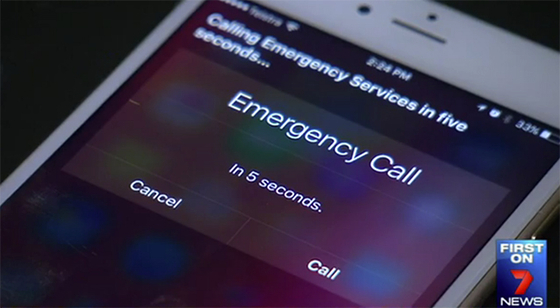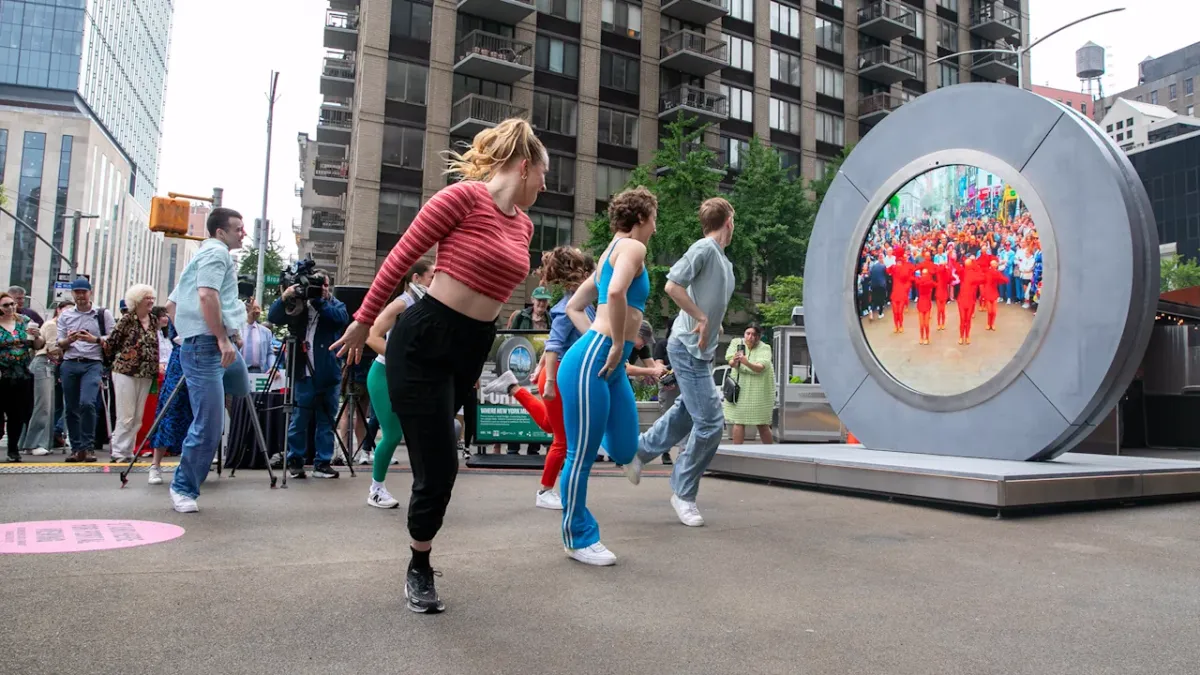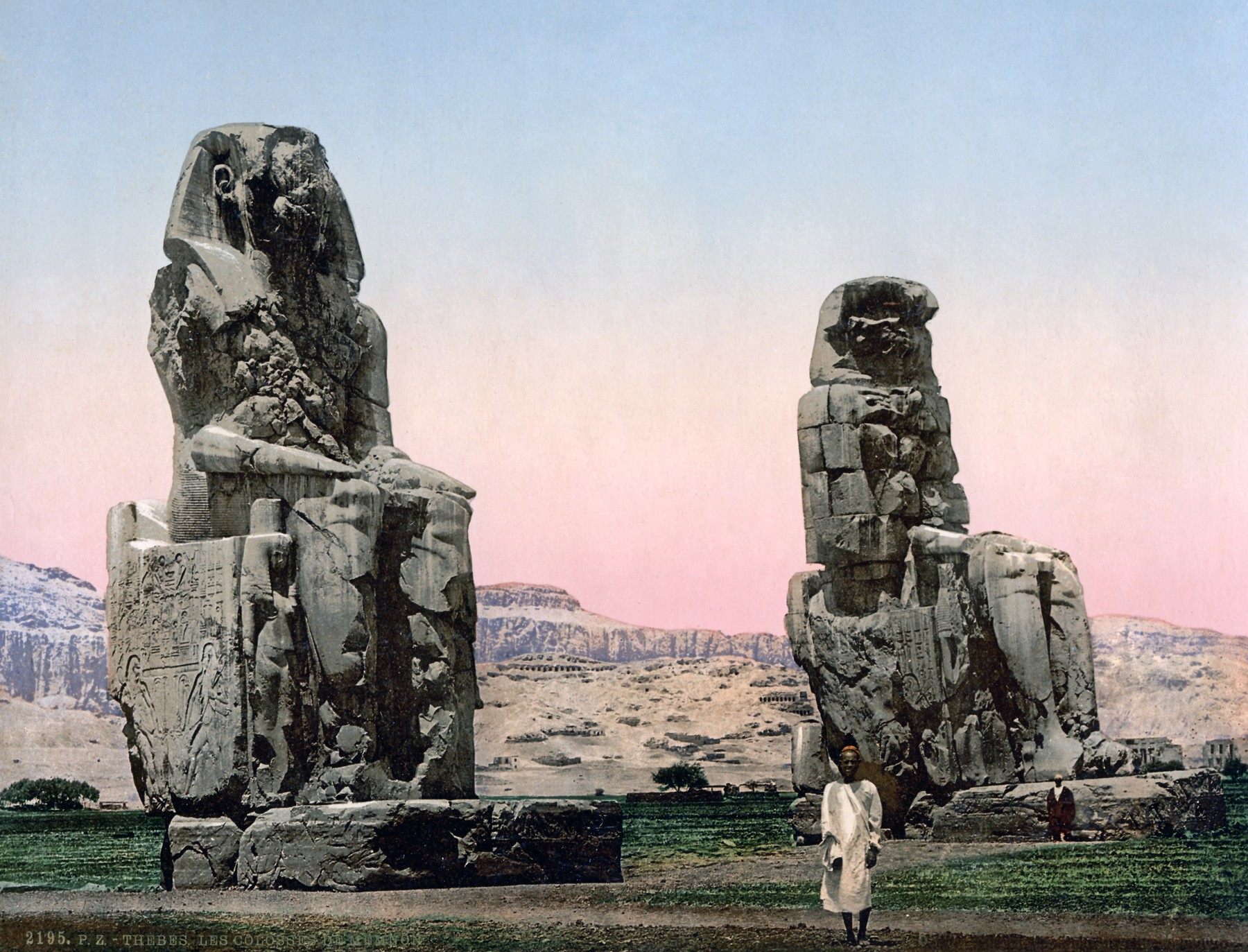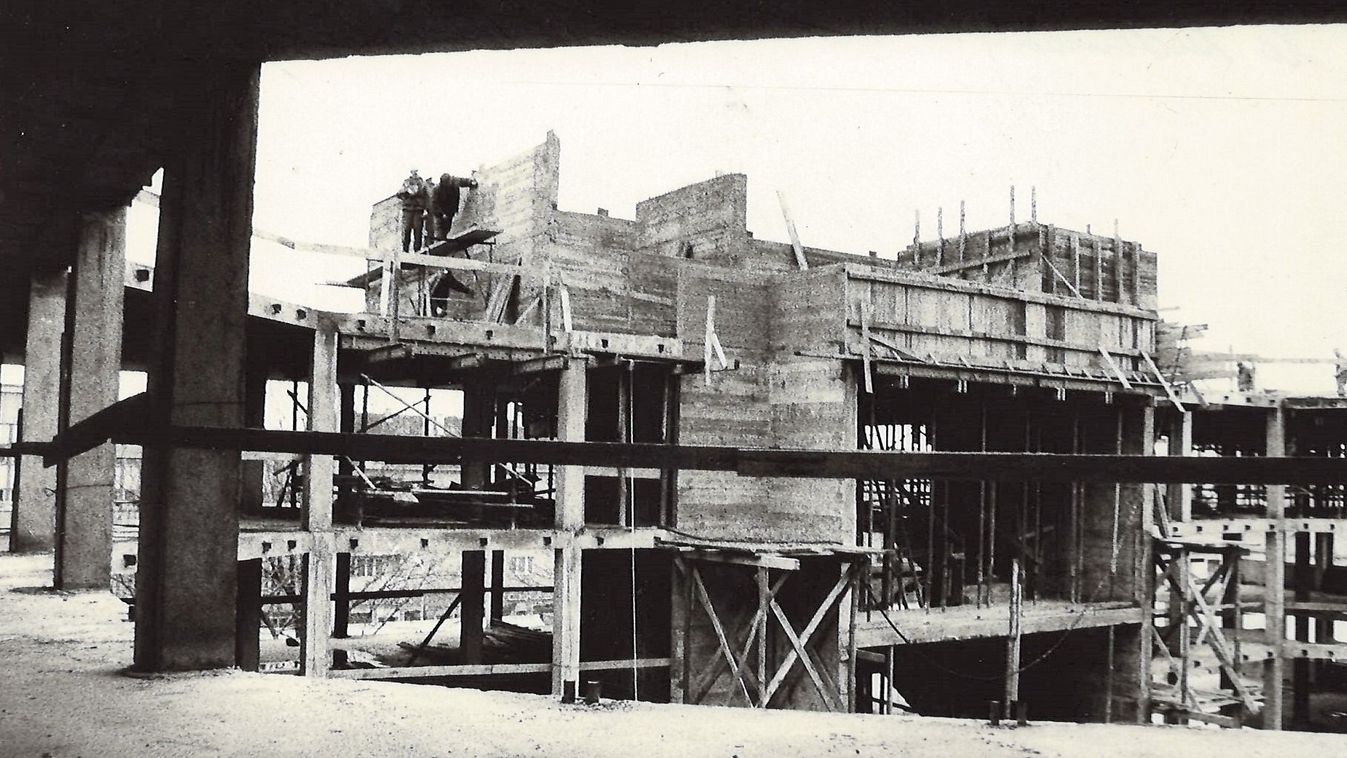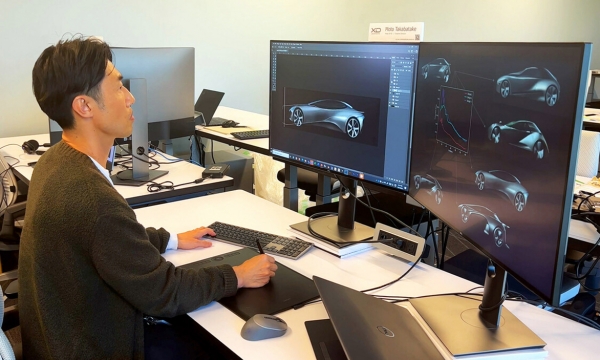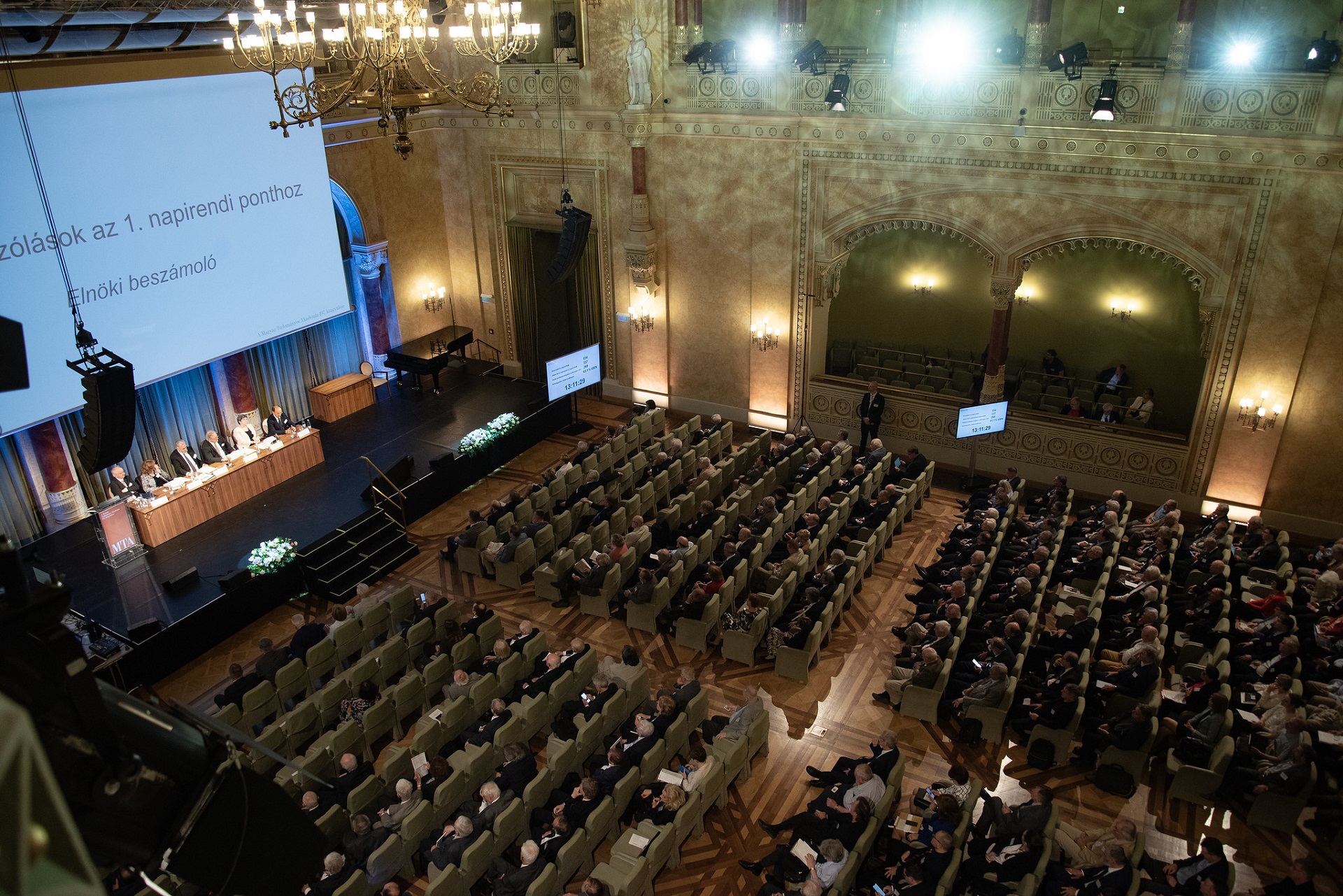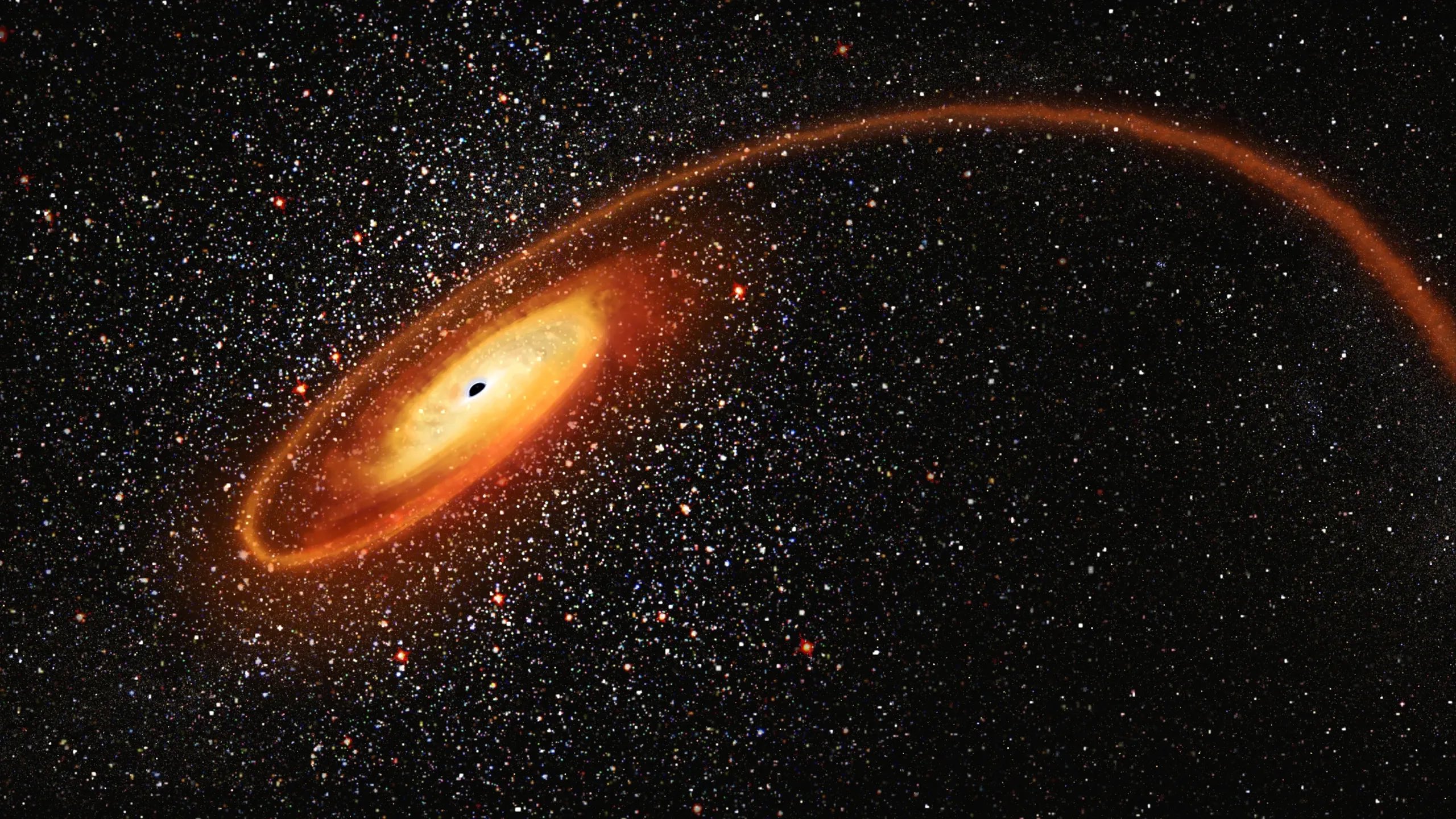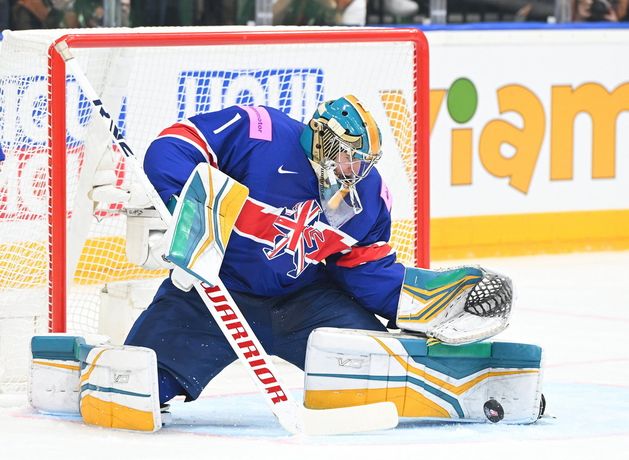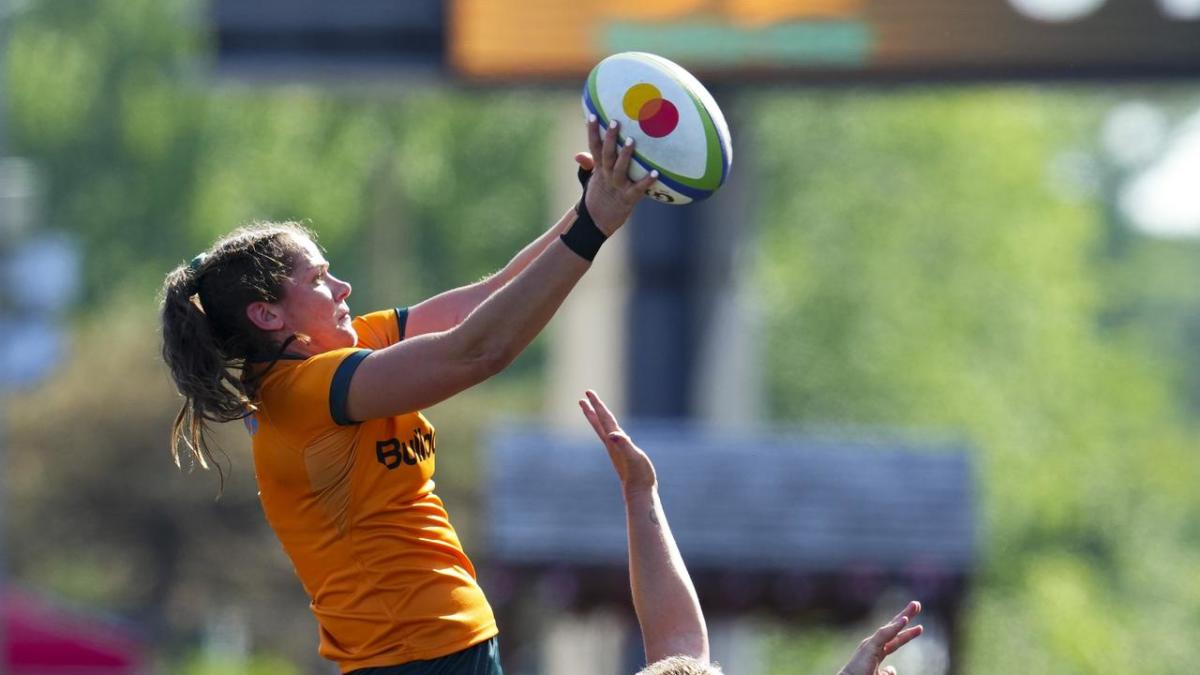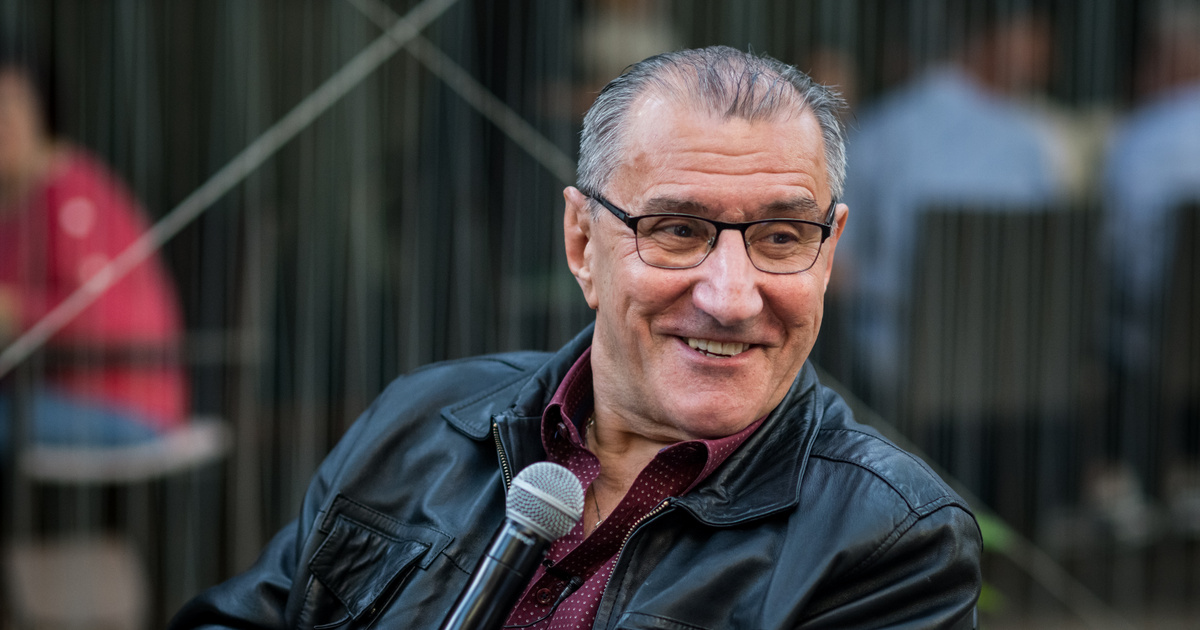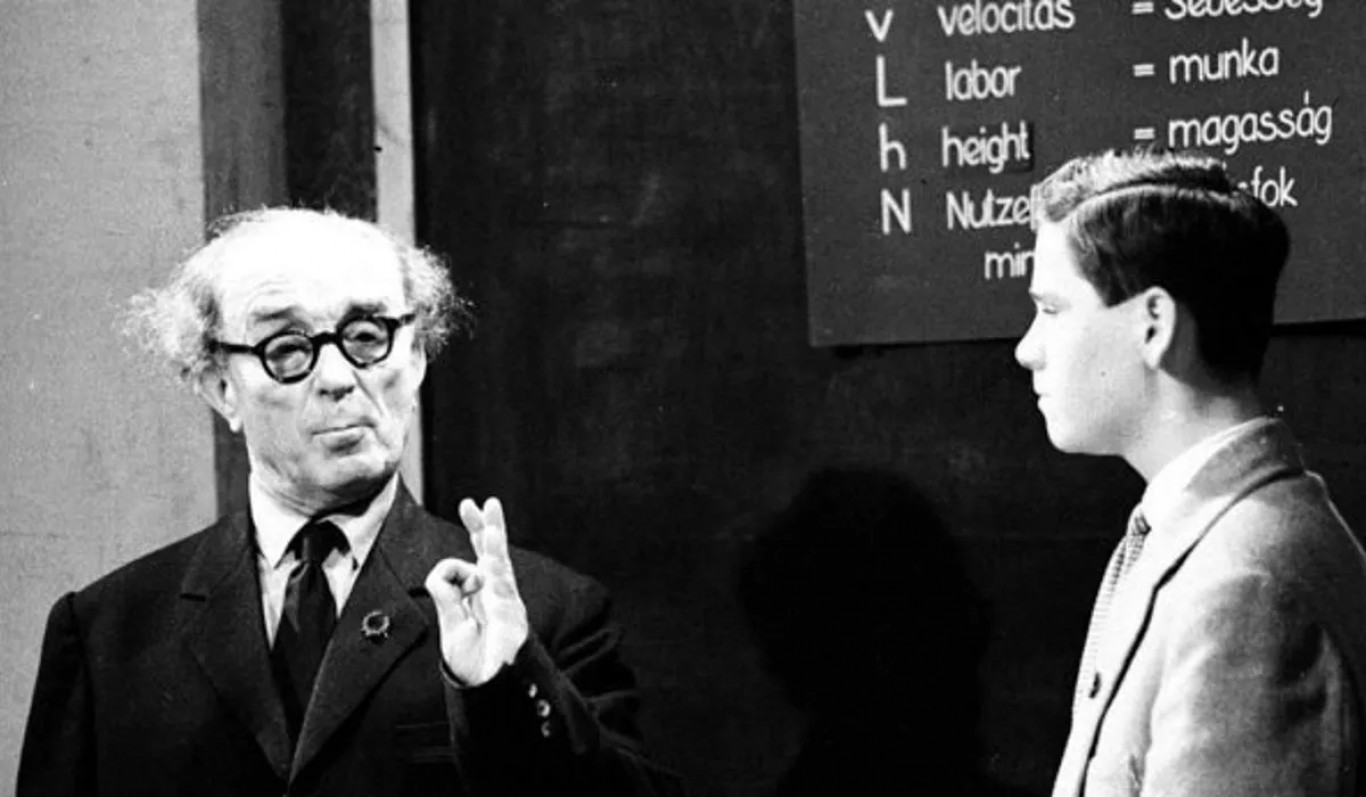It is now recommended in most universities in the world, and in truly developed institutions, it is necessary to take and complete a course in communication – this phenomenon was also discussed at the Knowledge Unlimited event organized by Central European University on Saturday.
At the event series' multi-section educational festival, now in its fifth year, on February 24, Unlimited School It is also an interactive learning platform available for free at, which “explains the latest scientific findings to students in an understandable way” with lectures from the past half-decade. The digital aids are adapted to the National Core Curriculum syllabus and are therefore also recommended for preparation for graduation, complementing the mandatory information presented in lectures by Diana Orge Vorsatz, Albert László Barabási, György Spiro, Csába Blé, András Valos, László Csaba or Éva Bányai, among others, as It makes learning more experiential.
In the science communication section of the Saturday program, which was held from early afternoon until late evening at the headquarters of the Central European University on Nador Avenue, Alexandra Farkas, researcher at the Hungarian University of Agricultural and Life Sciences (MATE), and Andras Pastzternák, professional director of the Palace of Miracles participated. And György Fabri, social media officer at the Faculty of Education and Psychology at ELTE University, associate professor in his research group, and professional leader of the Unlimited Knowledge programme, tried to cover the topic during the regular lectures and the roundtable discussion that followed.
photo_camera
From left to right Alexandra Farkas, Andras Pastzternak and György Fabri on February 24, 2024 in the ballroom of the CEU Building in Budapest
Photo: Central European University
Community experience
According to György Fabbri, the promotion of scientific results is effective when communication creates a community between scientists and lay people. But all this does not work today with traditional means of disseminating knowledge.
According to the consensus of the speakers, the experience of wonder and participation is certainly needed today. The stunning photo and video documentation of the environmental project, which combines research and protection of rare species of the Danube flower, presented in Alexandra Farkas's presentation, achieved this with its visual appeal, while the Palace of Miracles achieved this with simple laboratory experiments that any visitor can perform after donning a protective gown and goggles.
“Until researchers can present their results experimentally, science will remain scary,” said MATE, a science-related biologist. According to Farkas, the Dunavirág project was so successful because nature photography and photographic tools were also used from the beginning to achieve nature conservation goals. The international success of the bee swarm series made scientific findings much easier to communicate and popular in the press.
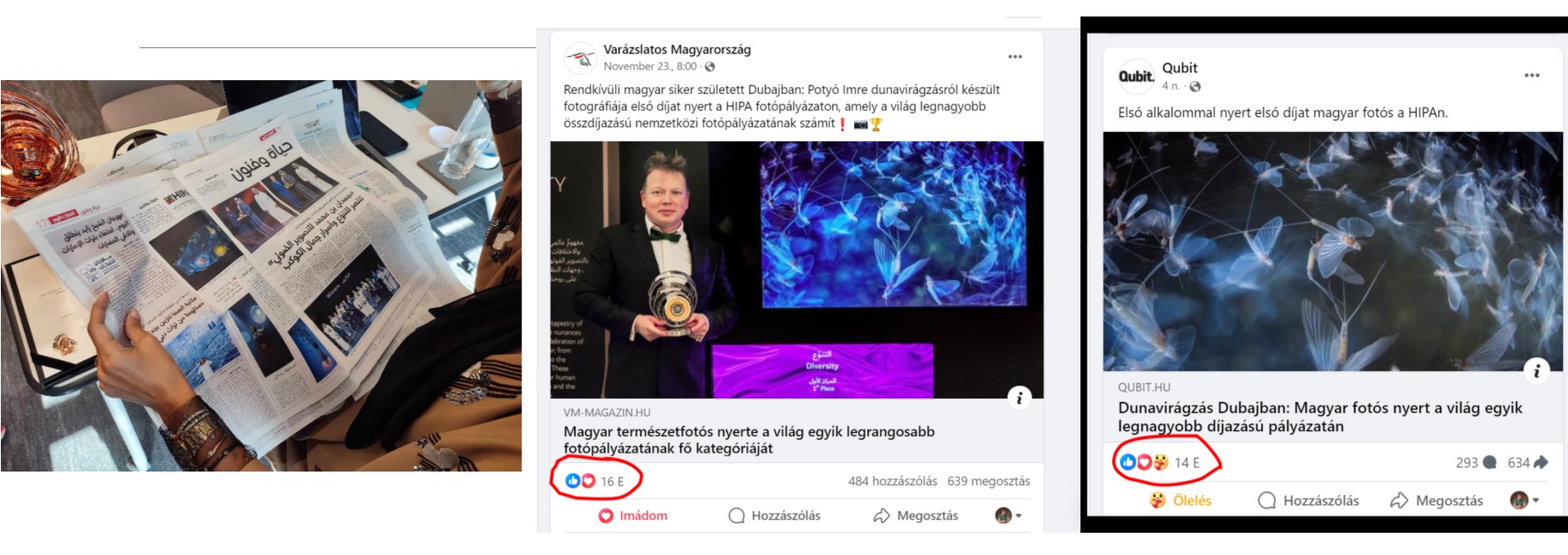
photo_camera
Presented by Alexandra Farkas, a triptych intended to provide scientific communication for the Danube Beaver Search and Rescue Project
Illustration: Alexandra Wolf
Bloody with knowledge
According to Fabbri, twentieth-century science popularization programs, the establishment of the public library system, and the popularization of reading circles helped equip the general public with knowledge against their exploiters at all times, or, as is the case today, against pseudoscientific or science-denying propaganda messages.
Pasternak added to this that until the 1990s, the scientific directors who coordinate research and the work of scientific workshops and institutes were those who had an academic qualification, even a doctorate degree, but it soon became clear that their talent, diligence, etc., for some reason, was not available to them. The opportunity to publish in the journal Nature, but at the same time they actively participate in the development of their studied specialty.
After the turn of the millennium, those researchers who presented cutting-edge results en masse came onto the scene and, thanks to their innate communication skills, were able to present and show what they were doing in a way that ordinary people could understand, thanks to their modern knowledge. But according to Fabbri, for this to have a real impact, an institutional background is needed, not to mention training.
In most universities in the world, this is already recommended for students majoring in the social and natural sciences, and in truly sophisticated institutions, it is even necessary to take and complete a course in communication.
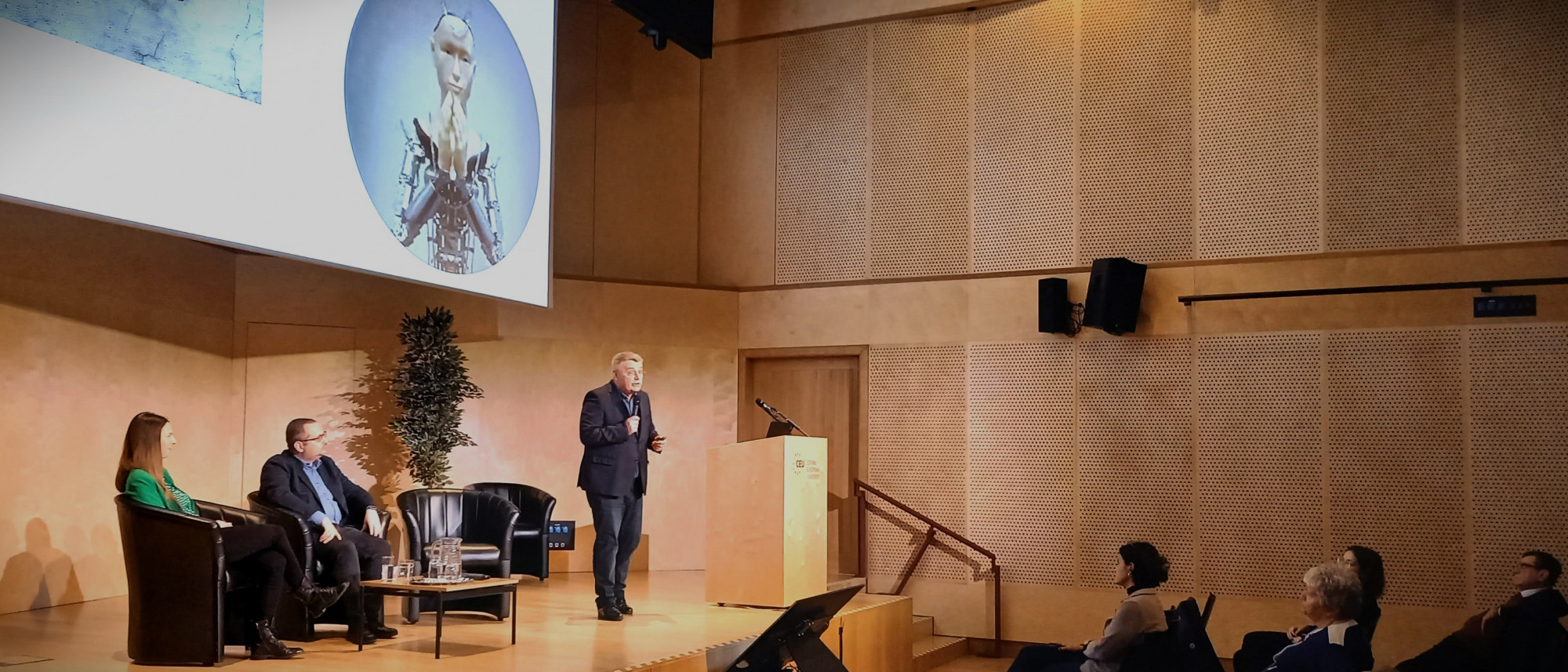
photo_camera
Science communicators at the CEU Unlimited Knowledge Education Festival, at the Vienna-based University Building Theater in Budapest on February 24, 2024
Photo: Central European University
In the last minutes of the roundtable discussion, it was also revealed that the Hungarian Academy of Sciences had been holding training courses in communication for its researchers for many years, and after the turn of the millennium, a successful Master's program had been created entitled Science Communication in Nature Science was held at ELTE for many years, then It was subsequently transferred to Hungarian higher education in 2015. Streamlined by manual control, Orbán's government was deemed unnecessary and was ruthlessly removed from available professional guidelines.
Over the years, we have also covered various aspects of science communication at Qubit in numerous articles. Some of these are:

